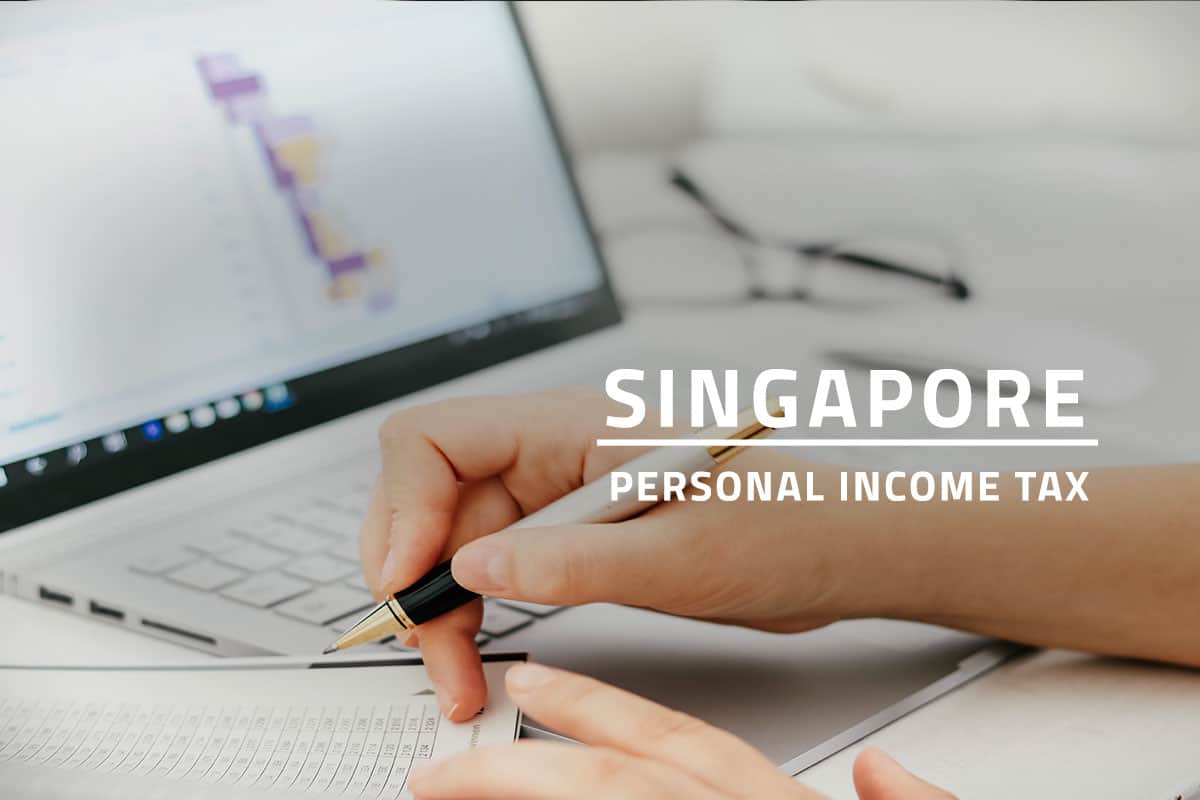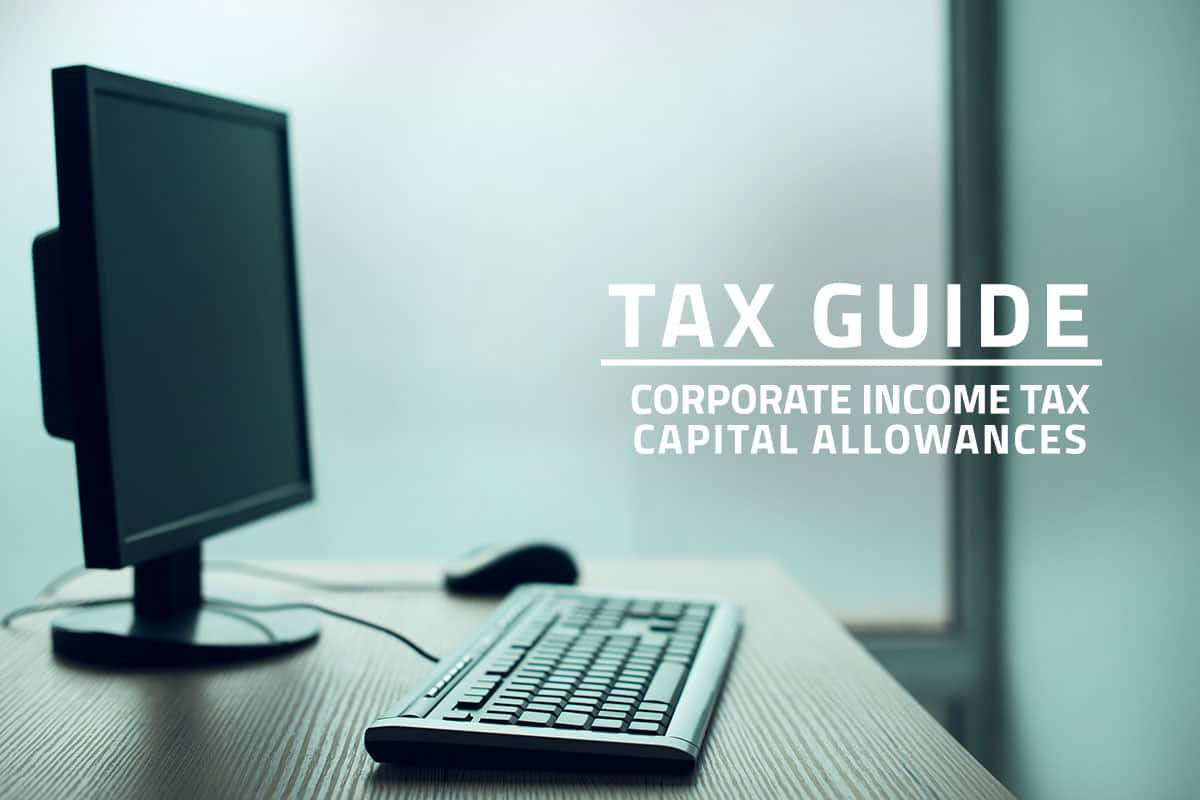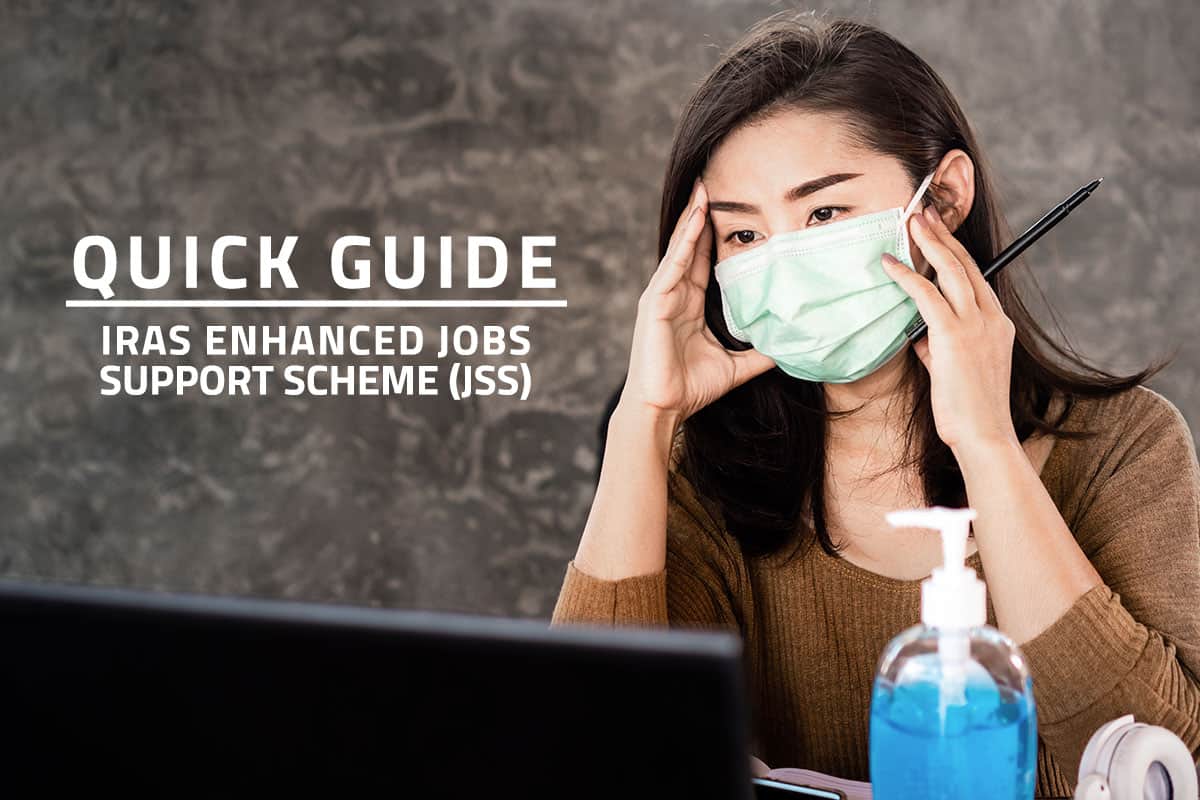Individual taxes in Singapore are defined and collected by the Inland Revenue Authority of Singapore (IRAS).
This institution has established different tax brackets and conditions for residents and non-residents working in Singapore. This guide for locals and foreigners will outline the process for annual personal income tax filing in Singapore.

Individual Taxes in Singapore
The primary individual tax in Singapore is the Income Tax. This is an annual tax applicable to residents (if their annual income is higher than SGD 22,000) and non-residents. Singapore’s personal income tax rate ranges from 0% to 22% based on certain criteria.
Tax forms must be submitted before April 15th every year. Residents who have not generated any income during the previous year are exempted from filing taxes unless otherwise indicated by the IRAS.
Filing Individual Taxes for Residents
To qualify as a resident for tax purposes, a person must either be Singaporean, a Singapore Permanent Resident, or a foreigner who has stayed for a period longer than 183 days in the country during the fiscal year.
Step 1. Calculating the tax bill by determining chargeable income.
This is done by subtracting all qualified expenses (employment and rental) along with donations and personal reliefs from your total income.
Step 2. Sending tax returns to the IRAS via e-mail or online.
The forms used to file taxes for Singaporean residents are:
- Form B1 – Tax return for employed residents.
- Form B – Tax return for self-employed residents.
Afterwards, IRAS will issue an official Notice of Assessment. Singaporean residents must then pay the resulting tax bill within 30 days to avoid penalties.
Filing Individual Taxes for Non-Residents
To qualify as a non-resident a person must meet the following criteria:
- A person must have stayed or worked in Singapore for less than 183 days during the fiscal year that has ended.
Non-residents are exempted from paying income taxes if they have worked in the country for less than 60 days however this condition does not apply to all job positions or professions.
If the non-resident has worked during a period of 61 to 182 days all his/her income will be taxed at 15% or the resulting resident income tax rate, whichever is higher. A person that meets this criterion may also claim certain expenses and donations.
Additionally, it is important to note that corporate directors and consulting fees are taxed differently than income from regular employment.
Filing tax returns as a non-resident can be done by following the same steps outlined in the ‘residents’ section above.
Tax Rates and Important Information Regarding Individual Taxes in Singapore
For Residents
Residents only have to pay taxes if their chargeable income exceeds SGD 20,000 and the tax rate ranges from 2% to 22% depending on their income. Detailed tax rates for each Year of Assessment (YA) are listed on the IRAS website. Additionally, a personal tax rebate of 50% up to a maximum of SGD 200 is granted to tax residents for YA 2019.
| Chargeable Income | Income Tax Rate (%) | Gross Tax Payable ($) |
|---|---|---|
| First $20,000 Next $10,000 | 0 2 | 0 200 |
| First $30,000 Next $10,000 | – 3.50 | 200 350 |
| First $40,000 Next $40,000 | – 7 | 550 2,800 |
| First $80,000 Next $40,000 | – 11.5 | 3,350 4,600 |
| First $120,000 Next $40,000 | – 15 | 7,950 6,000 |
| First $160,000 Next $40,000 | – 18 | 13,950 7,200 |
| First $200,000 Next $40,000 | – 19 | 21,150 7,600 |
| First $240,000 Next $40,000 | – 19.5 | 28,750 7,800 |
| First $280,000 Next $40,000 | – 20 | 36,550 8,000 |
| First $320,000 In excess of $320,000 | – 22 | 44,550 |
For Non-Residents
Singapore’s regular employment tax rate is 15% or the applicable rate based on the resident’s progressive income tax rate table available through the IRAS website, whichever is higher.
On the other hand, for a corporate director’s compensation, fees related to consulting services and other similar job descriptions pay a flat income tax rate of 22%.
The Importance of Seeking Advice to File Individual Taxes in Singapore
Even though taxation in Singapore is fairly straightforward, calculating and filing personal tax returns requires careful attention to maximize tax savings ensure compliance with the country’s regulations.
Especially for individuals with various sources of income, seeking professional accounting services from a trusted firm can help ease the process of filing tax returns in a timely manner and without errors.
Related Posts
Tax Guide: Singapore Capital Allowances
By law, all Singapore Companies are required to file annual income tax returns to the…
Quick Guide: IAS 20 – Accounting for Government Grants
This year, the COVID-19 crisis has adversely impacted the global economy. Singapore is no exemption,…
Singapore Guide: ISCA FRB 6 – Accounting for Jobs Support Scheme
This year, the COVID-19 pandemic has inevitably adversely impacted the global economy. Singapore companies and…
Quick Guide: Singapore’s Enhanced Jobs Support Scheme (JSS)
The Singaporean government launched the Jobs Support Scheme (JSS) in late April as part of…












